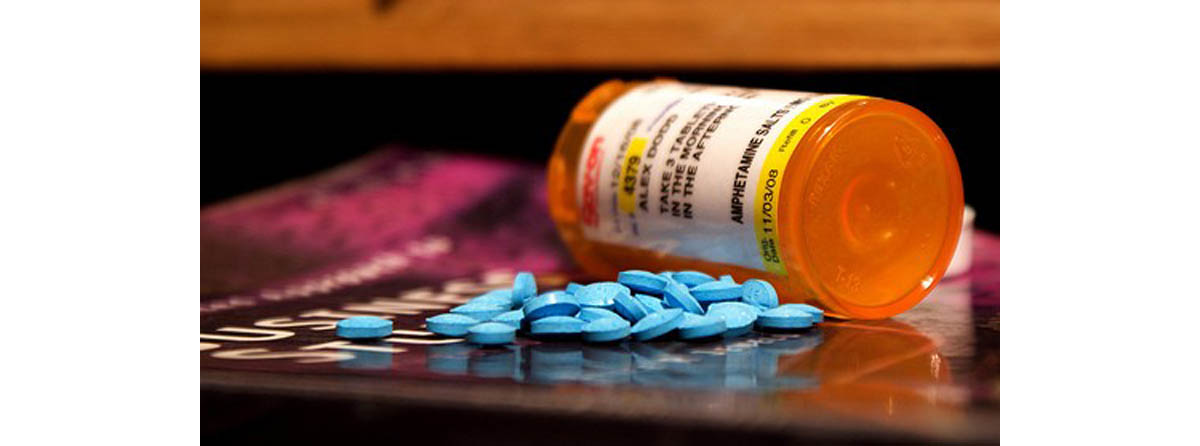Table of Contents
Most people believe that over-the-counter (OTC) medicines are safer than illegal drugs and certain prescription medicines because they are readily available without a doctor’s prescription. The OTC medicines are safe when they are taken as directed. However, abuse and overuse of OTC medicines can result in serious complications, sometimes with fatal consequences. Some OTC medicines are derivatives of prescription medicines and cause serious side effects.

Drug abuse of OTC medicines has steadily increased because people use them to get “high” and experience a state of euphoria. Teenagers and adults commonly use OTC medicines for non-medical reasons other than those indicated in the label. The OTC medicines are readily available in pharmacies, supermarkets, and convenience stores. When used in combination with alcohol and other medicines, commonly used OTC medicines become risky with serious effects on health of the individual.
Studies conducted in the United States shows that OTC drug abuse is a concern that is spiraling out of control, especially among teenagers. It is estimated that 1 in 8 teens gets high on OTC cough medicine, making cough medicines one of the most popular OTC medicines abused by teenagers. Most teenagers do not believe that abusing cough medicine to reach a “high” state is risky.
There has been a decline in overall drug use in recent years, but teenagers assume that abusing OTC drugs is safer than illicit drugs available on the street. Parents may be unaware of the dangers in their own homes when OTC drugs are stored in the medicine cabinet well within reach of the teenager looking for drug abuse. Parents must talk to their children about the dangers of OTC drug abuse, and the dire health consequences that can result from overuse.
Some ingredients in OTC drugs are commonly found in illicit drugs. Overuse of OTC drugs can cause several serious side effects including dizziness, syncope, accelerated heartbeat, difficulty with breathing, and abdominal discomfort. Most people have prescription medicines in their homes that are taken along with OTC medicines and may cause harmful interactions in the body. Teenagers who want to get “high” on OTC medicines are tempted by the easily available medicines at home and across drug stores and supermarkets.
The most commonly abused OTC medicines include cold and cough medicines, painkillers, antihistamines, sedatives, opioids and morphine derivatives, stimulants, tranquilizers and muscle relaxers, and anabolic steroids.
- www.abovetheinfluence.com/facts/drugsotc
- www.philly.com/philly/blogs/healthcare/10-over-the-counter-medicines-abused-by-teens.html
- medicineabuseproject.org/images/uploads/misc/preventing_teen_over_the_counter_cough_med_abuse.pdf
- www.overthecounterdrugaddiction.com/Warning-Signs-of-OTC-Abuse.htm
- ncscha.org/uploads/Abuse%20of%20Over-the-Counter%20Drugs,%20Wilson%20%26%20Anderson-Brown.pdf
- www.drugfreeactionalliance.org/files/downloadables/background-knowledge/B-Prescription-for-Danger.pdf
- Lessenger JE, Feinberg SD. Abuse of Prescription and Over-the-Counter Medications. J Am Board Fam Med January-February 2008
- 21 (1):45-54. http://www.jabfm.org/content/21/1/45.full
- www.hart.k12.ca.us/files/docs/CADRE_Presentation_OTC_and_RX.pdf
- Photo courtesy of Alex Dodd by Flickr : www.flickr.com/photos/alexdoddphotography/3196151008/
- Photo courtesy of Emuishere Peliculas by Flickr : www.flickr.com/photos/bizzzarro/441904256/

